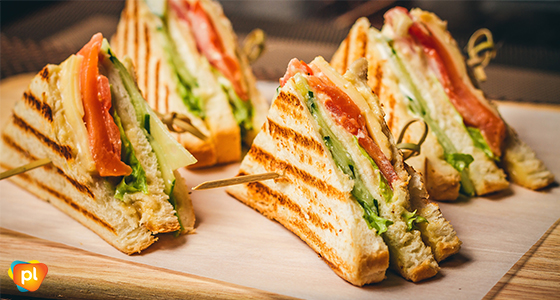
We have all been living with COVID-19 for a while. We know about hand hygiene, QR codes, social distancing, mask wearing, vaccinations, and most of us, if not personally affected, would know someone who has had to isolate, or who has experienced COVID-19 itself.
People living with HIV tell us about the impact of COVID-19 on their health and the connection between exercise, nutrition, food and mood. The side-effects of COVID-19 and lockdown include gaining weight (from a few kilos up to 20kg or more) or losing weight and muscle and becoming frail. Some reasons for this include a lack of motivation to exercise, and spending more time sitting searching the internet or watching TV. Many have read or heard about nutrition from ‘Dr Google’, and then are unsure if the information is true or ‘fake news’. Some describe not feeling like cooking. Many recognise comfort eating. It seems common to be relying on takeaway or home deliveries. Others are drinking more alcohol. For some, the struggle has been to find enough money for food.
Research tells us that when we are confined, we usually eat more snacks and processed foods. Less physical activity coupled with more snacks and processed foods is a sure way to gain weight. There is a link between poorer quality diets and mood, and exercise. Even a one hour walk a week has been proven to lift mood.
Does any of this strike a chord? If so, here’s some tips which might be of help:
- Create a routine for yourself
- Get up and out of bed daily
- Eat some superfoods every day. These include berries (frozen or fresh), a handful of nuts, fatty fish (e.g. canned salmon, sardines), leafy greens and cruciferous vegetables (e.g. spinach, kale, broccoli, cabbage, cauliflower), wholegrains (e.g. wholegrain bread or crackers, rolled oats), yoghurts with ‘live active cultures’ added, and foods rich in vitamin C, for example citrus fruit, strawberries and tomatoes.
- If you notice you’re comfort eating, one tip that works is to eat an apple. It works because it takes you time, you get to think and work out if you’re really hungry or if you’d feel better doing something else. At the same time, you’re eating a quality food. If you don’t like apples, try an orange.
- Be active every day. Do it even if you don’t feel like it. Team up with a friend to keep each other on track. If you’re stuck at home, you can walk or ‘slog’ (slow jog) around inside for five mins every hour!
- If you can get outside, get your vitamin D from the sun – all you need is about 15 minutes each day.
If you have any questions or would like to chat to a dietitian, call reception at The Albion Centre on (02) 9332 9600 to make an appointment. Right now, we’re offering telehealth (video and phone) appointments.
– The Albion Centre Nutrition Team
Published in Talkabout #199 October 2021






